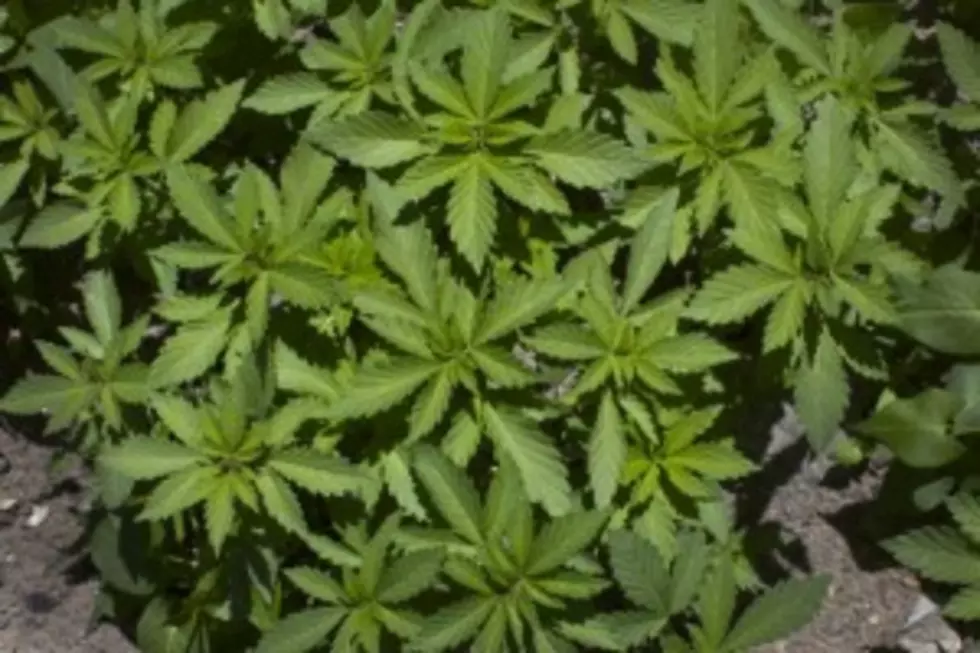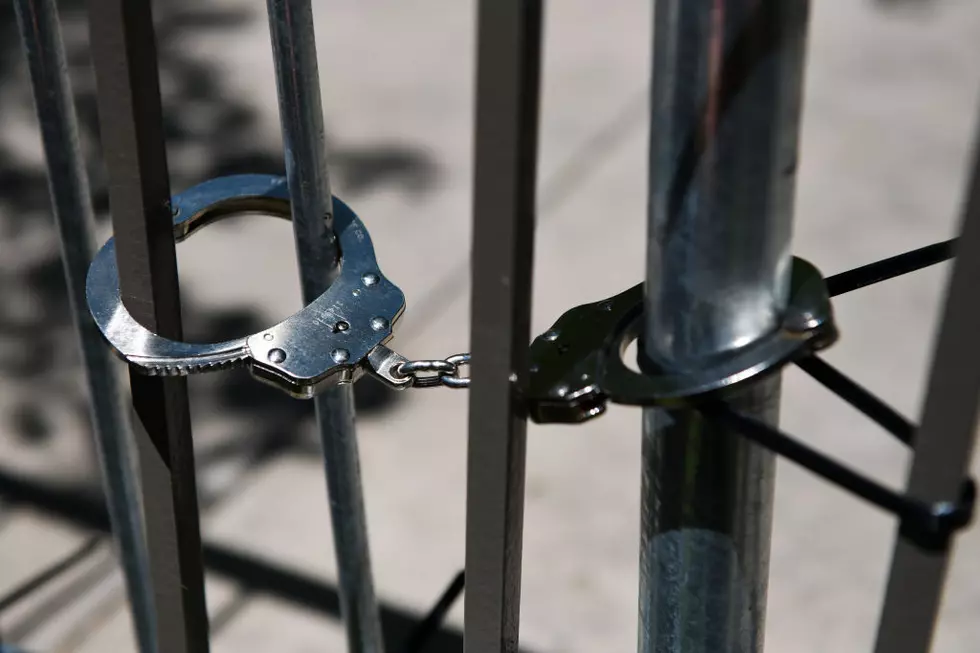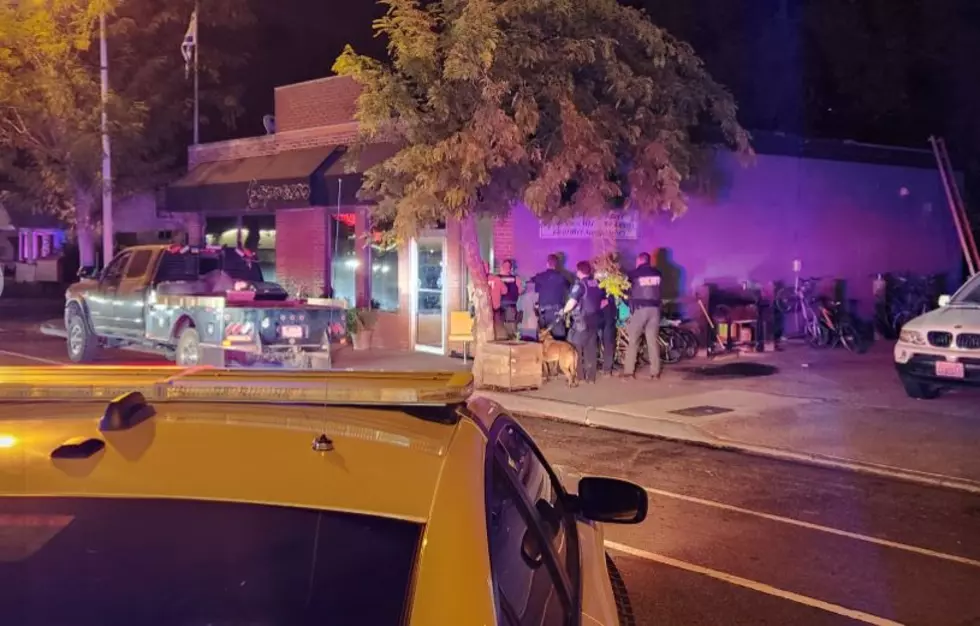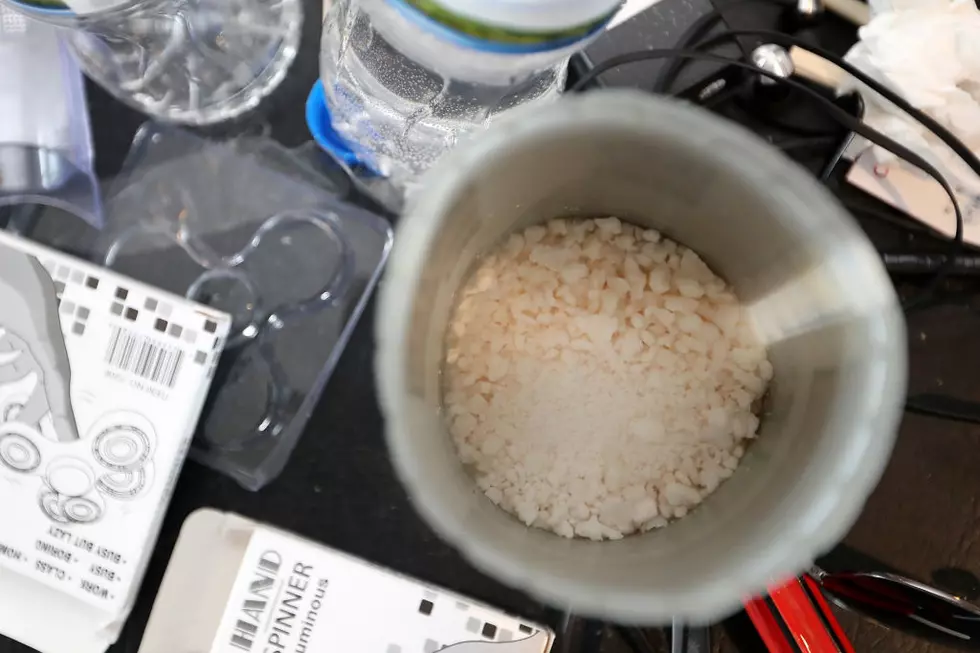
The Effects of Legalizing Marijuana in Washington.
With I-502 passing, Washington State will now begin the process of legally selling marijuana to persons "of age" in limited quantities. What could be the long-term effects?
First, exactly what is contained in I-502? Here is information straight from the official initiatives website:
This law legalizes the possession of marijuana for adults age 21 and older. The only marijuana that would be legal to sell in this state would be grown by specially-licensed Washington farmers and sold in standalone, marijuana-only stores operated by private Washington businesses licensed and regulated by the state. There would be a 25% sales tax, with 40% of the new revenues going to the state general fund and local budgets, and the remainder dedicated to substance-abuse prevention, research, education and health care. Advertising would be restricted. A new marijuana DUI standard that operates like the alcohol DUI standard would be established.
Opponents of the passage of I-502 claim marijuana is not as "safe" as proponents claim. A recent article in the Everett Daily Herald claims studies done internationally show regular use can drop someone's IQ as much as 8 points, cause declines in attention, concentration, and memory. The Herald also quotes a New Zealand study saying marijuana also causes delays in maturation of the brain, especially among young people.
Opponents of legalization say marijuana is a "gateway" drug that can lead to more serious addictions. While there isn't any concrete scientific evidence directly showing a cause and effect, a Yale University study released this August showed men and women who use marijuana were 2.5 times more likely to "dabble" in prescription drugs at a later age. Supporters of legalization say such studies do not create the direct cause-and-effect between marijuana use and more dangerous drugs like meth, heroin and cocaine.
Supporters of the Initiative who may not have been recreational users have said it could result in significant financial gains for the state. Some estimates put the windfall at hundreds of millions of dollars annually. We will not know until the system is put in place. Profits will have to be offset with the expense of building and implementing a "liquor store" type system.
Supporters claim legalizing marijuana could cut drug cartel profits by as much as 30 percent, but those numbers cannot be conclusively proven (although they could be a compelling argument). They also say crime associated would be cut significantly. However, opponents point to an apparent increase in crime since the legalization of medical marijuana.
The website Save Our Society cites a local story from here in the Tri-Cities about a marked increase in home-invasions and robberies after the legalization of medical marijuana. Kennewick Police Seargeant Ken Lattin and other Tri-Cities law enforcement officials say increasing numbers of people with medical marijuana cards have been victimized for their drugs.
Last December, for example, Kennewick police investigated two home-invasion robberies where the victims were medical marijuana users. In one of the incidents, the two victims were tied up, as was one of their children. Opponents of legalization claim crime will actually increase, as those who cannot afford to legally buy it will try even harder to steal it from those who can.
And finally, it might be a while before pot stores start appearing. Because marijuana possession is classified as a crime at the federal level, there could be court challenges to the new law. ABC News reported on Nov. 7:
Even though the issues have passed, they are likely to meet legal challenges very quickly. In 2005, the Supreme Court struck down a California law that legalized medical marijuana in the state. The Court said Congress had the power to criminalize marijuana under the Commerce Clause.
Once the legal issues have been clarified, it will be some time before we see if the financial benefits of legalizing and taxing marijuana will benefit state coffers in Washington. Regardless of which side you favor, it will continue to be a hot-button issue for years to come.
More From 870 AM KFLD









